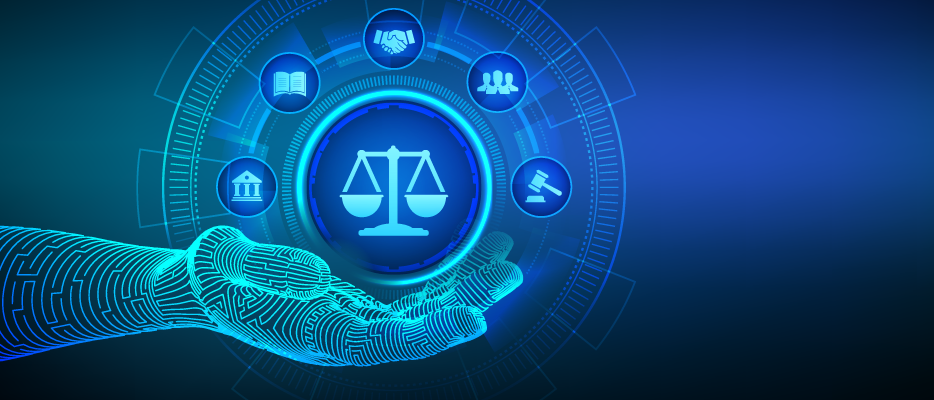Legal Regulation of Artificial Intelligence Technology: The Inevitable New Frontier
Andrew Pery
December 05, 2019

As the utilization of Artificial Intelligence (AI) technologies increases, so does the potential for these technologies to become misused and misrepresented. The absence of standardization around transparency for AI-based technologies creates legal and ethical gaps. Legal regulation of AI is the inevitable, and indeed necessary, next step as this disruptive technology continues to evolve into uncharted territory.
The Potential Hazards of AI Technology
The scope of the harmful impacts of AI algorithms was documented by the AI Now Institute 2019 Report: “Litigating Algorithms, New Challenges to Government Use of Algorithmic Decision Systems.” The cases cited in this report have one common theme: an absence of transparency in the implementation of algorithmic decision systems that directly and profoundly impact the lives of people. One of the cases referenced in the report centered around a decision system formula by the State of Idaho designed to automate the determination of eligibility to receive disability services. The system mistakenly caused a significant drop in the funds that were awarded to qualified recipients of the program. The case resulted in the court ordering the State to remedy the flaws in the algorithm and develop higher standards of transparency and accountability in its application to ensure it allocated funds in an equitable manner.
The Emergence of Legal Regulations
The potential for AI to elicit harmful consequences creates an urgent need for greater accountability and oversight to protect consumer rights. Voices for the regulation of AI-based applications are quickly gaining volume and, consequentially, policymakers are recognizing the very urgent need to act.
The EU is at the vanguard of legislative action. As early as 2017, the Legal Affairs Committee of European Parliament on Civil Law Rules on Robotics urged the regulation of AI technologies on the basis that:
"Humankind stands on the threshold of an era when ever more sophisticated… manifestations of artificial intelligence (AI) seem to be poised to unleash a new industrial revolution, which is likely to leave no stratum of society untouched."
Additionally, the EU General Data Protection Regulation (GDPR) has enshrined protection of privacy rights with respect to the application of automated decision making:
“The data subject shall have the right not to be subject to a decision based solely on automated processing, including profiling.”
The European Commission has further re-enforced the importance of transparency through seven key principles, the most significant of which requires that companies using AI systems disclose to the public when they are in contact with an algorithm and not another human being.
In the U.S. context, California recently passed a piece of legislation: “Bolstering Online Transparency," or B.O.T. bill, which prohibits AI being used with the intent to knowingly deceive an individual about the nature of the communication for the purposes of influencing a vote or incentivizing a purchase.
From Europe to the U.S., regulation of AI has become both inevitable and necessary. Failure to impose regulatory oversight over the use of AI may lead to a dystopian world like the one very starkly painted by Stanley Kubrick's classic movie, 2001: A Space Odyssey, in which the HAL 9000 computer refused the commands of its human masters. Legal regulation of AI ensures a balance between promoting AI innovation, its social utility, and safeguarding consumer rights.

